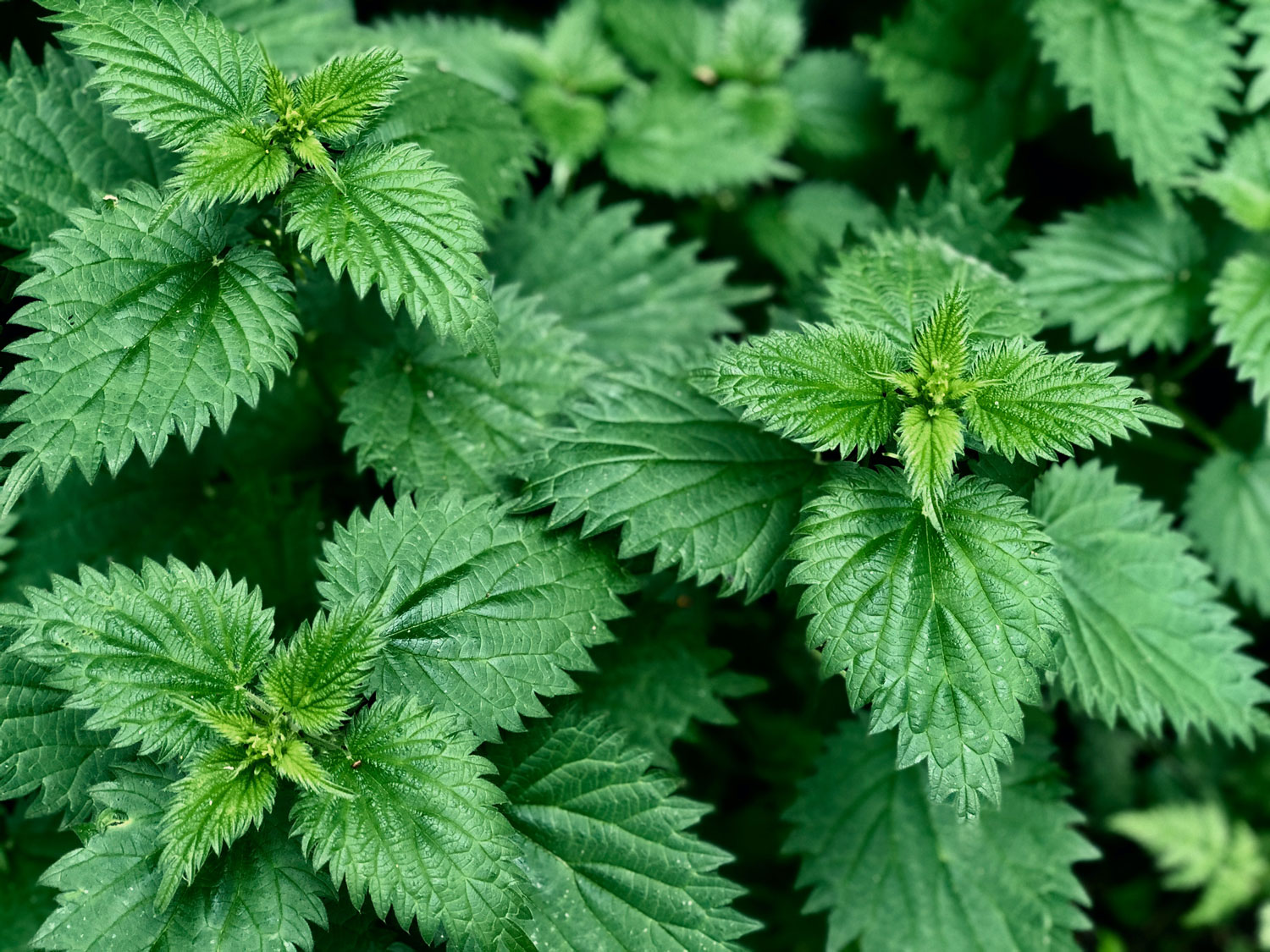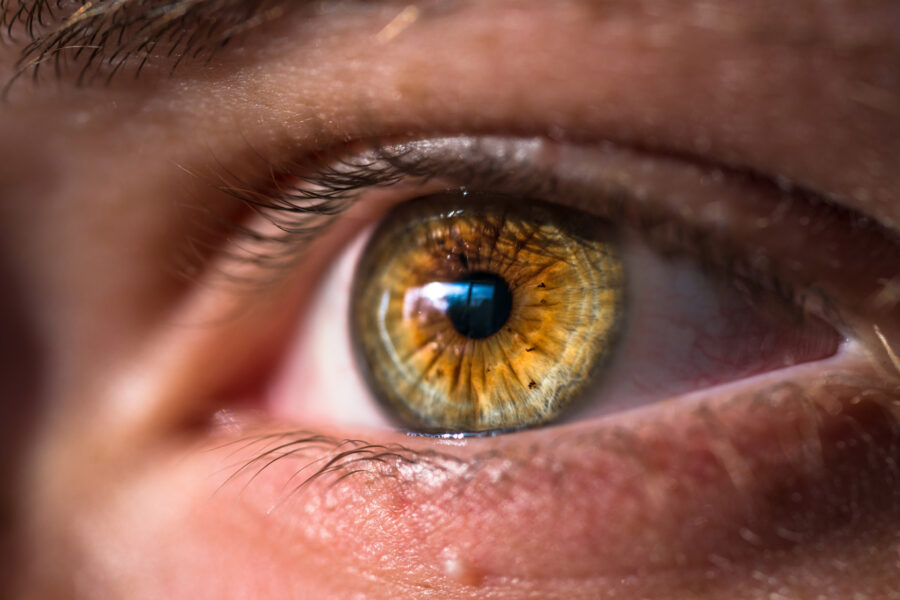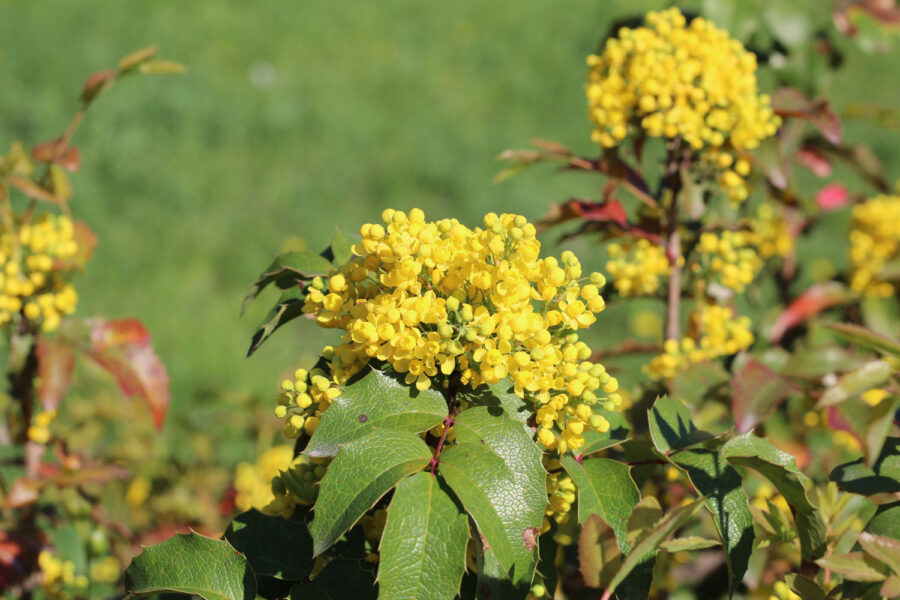I’ve heard that herbal medicine can be very effective in treating allergies. Are there herbs that one can take in a preferred form for immediate relief? Can one take particular herbal extracts to desensitize oneself from typical allergens? So can a plant treat a pollen allergy?
The treatment of allergy in herbal medicine may vary depending on the constitution of the sufferer. While it is possible to recommend certain herbs for these generic problems, it is always best to have an individual consultation and assessment so that individual factors can be taken account of in prescribing.
In this article I will not cover anaphylaxis, which is a medical emergency. I will be talking about atopic sensitivity – hay fever, asthma and eczema.
For atopic conditions there are many herbs that have antihistamine effects. These are similar in action to the pharmaceutical antihistamines that you buy at the chemist, but they come without the drowsiness associated with such medicines. The most well known and easily obtainable is Nettle, usually consumed as a tea. For mild sensitivity Nettle tea can alleviate symptoms, whilst continuous use will build up tolerance in the long term. Similarly, Chamomile, Fennel and Lemon Balm, all of which can be easily sourced and consumed safely as teas. Other favourites of mine are Plantain (not the West Indian banana!) leaf, and Eyebright herb. Plantain is also extremely effective against insect bites and stings. Last but not least, Echinacea purpurea, one of the most popular herbal remedies and easily obtainable, has been shown to have antihistamine properties.
For the relief of specific symptoms, those who suffer from itchy eyes in the hay fever season can benefit from a tea made from Eyebright herb and Fennel seed, which can be cooled in the refrigerator and used to bathe the eyes, rapidly cooling inflammation and giving a few hours relief. For nasal irritation, itching and sneezing, I make up a snuff using equal parts of powders of Golden Seal root and Bayberry bark, with a very small pinch each of Cayenne and Garlic. Take a pinch of this on the back of your hand and sniff it up each nostril in turn: you will sneeze repeatedly for half a minute or so but will soon be rewarded with a wonderfully clear nose that can last several hours. This formula is also great for sinus congestion associated with hay fever. Marshmallow root is cooling and soothing to irritated tissues and I find is a worthy addition to a quick-acting hay fever tea or tincture.
Eczema is an allergic condition related to hay fever and asthma, but requires a slightly different approach. In traditional herbal medicine we use “alterative” herbs, which are blood and lymph cleansers, such as Marigold Flowers (can also be used topically), Red Clover Flowers, Cleavers, and if a stronger effect is needed, Burdock root and Oregon Grape root. The first four can be combined and made up as an infusion (tea); the latter will need to be decocted (boiled and simmered) or given as tinctures, preferably under supervision of a practitioner.
It is also worth mentioning that there is a big link in allergy (as in so much else) to the gut: gut dysbiosis and permeability are frequently implicated in chronically allergic patients, as are specific food allergies, particularly to simple sugars and cow’s milk dairy products. It is as well to exclude foods that contain these items, and pay attention to the health of the gut in general, for which it is probably a good idea to seek expert help.
Lastly let’s not overlook the role of stress in exacerbating symptoms. Soothing, sedating and calming herbal teas such as Skullcap, Vervain and Passionflower can be taken regularly, whilst to support the adrenal glands try Liquorice, which is also a good anti-inflammatory for use in allergic conditions.





